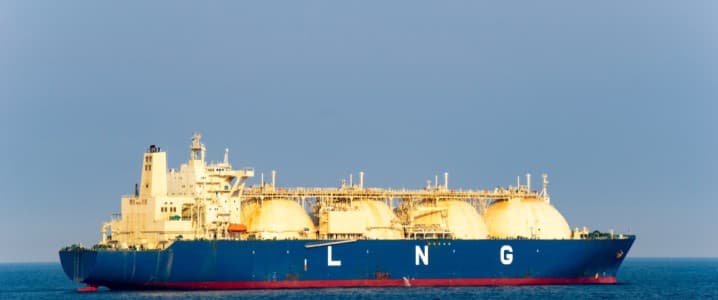
Workers at the two LNG projects that Chevron operates offshore Australia today vote on whether they will go on strike after negotiations failed to produce an agreement that would have avoided the industrial action.
"It's game on in pushing back against Chevron's sub-standard employment standards," the Offshore Alliance, the trade union that represents the workers, said, as quoted by Reuters.
Woodside’s talks with its LNG workers have also failed to produce an outcome that would avert a strike at the country’s largest LNG facility, the North West Shelf.
There, 99% of workers voted in favor of industrial action. Now, the trade union needs to announce it, unless the continuing negotiations with the operator of the project do not produce results.
Australia’s labor regulator gave the go-ahead to industrial action last week, in case the workers' votes are in favor of it. Then the union would have 30 days to either begin a strike or any variation of it, such as temporary work stoppages and bans on some activities.
Gas prices spiked last week when the news of the potential strikes broke. They have since retreated but if actual strikes begin, they would affect a tenth of the world’s supply of liquefied natural gas and another spike would be a certainty.
Woodside’s North West Shelf is the largest LNG production project in Australia, with a capacity of 16.9 million tons annually, followed by Chevron’s Gorgon, which has a capacity of 15.6 million tons. Wheatstone, also operated by Chevron, can produce 8.9 million tons of LNG annually. Together, the three produce about 40 million tons of LNG annually.
Because of that substantial capacity, disruption at the three facilities would send ripples across the global gas market, sending prices higher and once again pricing poorer buyers out of the market.
Even wealthier buyers in Europe will not be able to shrug off the disruption, even though Europe’s gas storage is fuller than the usual for this time of the year. Europe is racing to store as much gas as it can before winter begins, even storing some in Ukraine despite war-related risks.